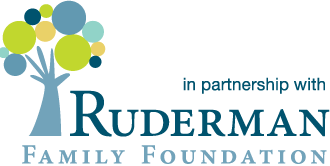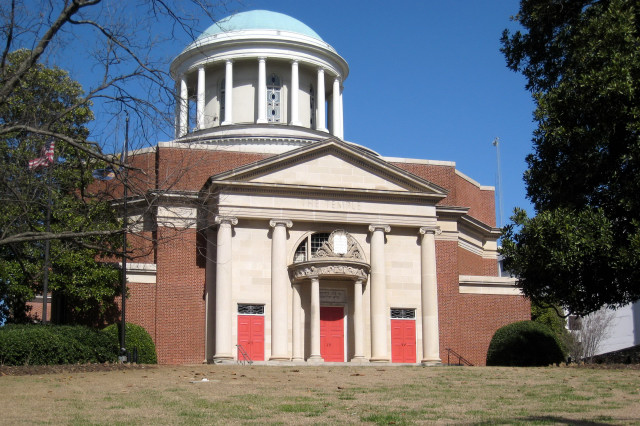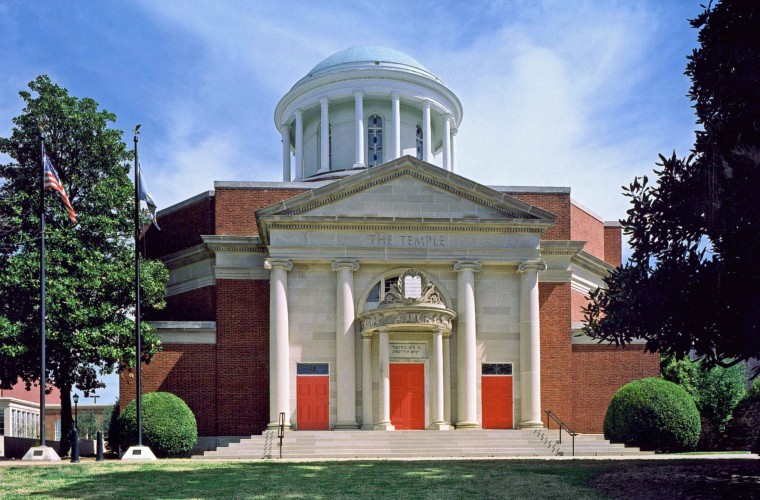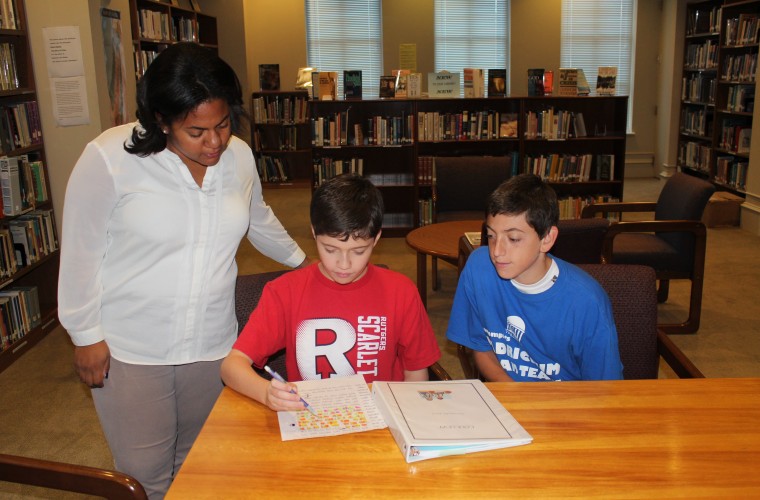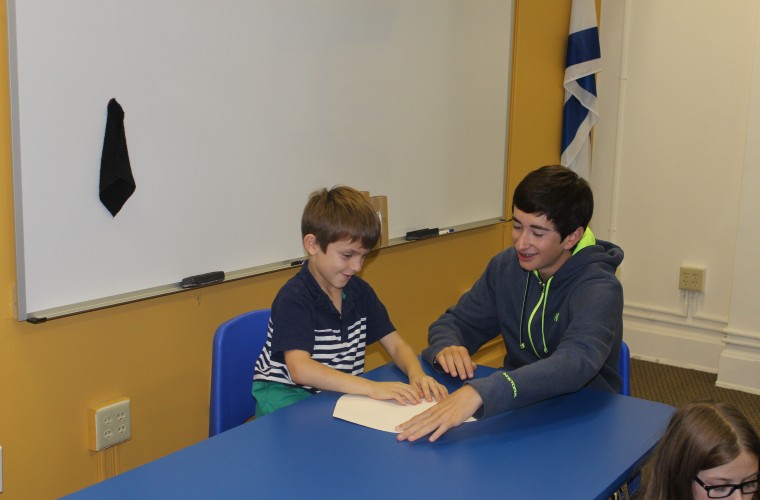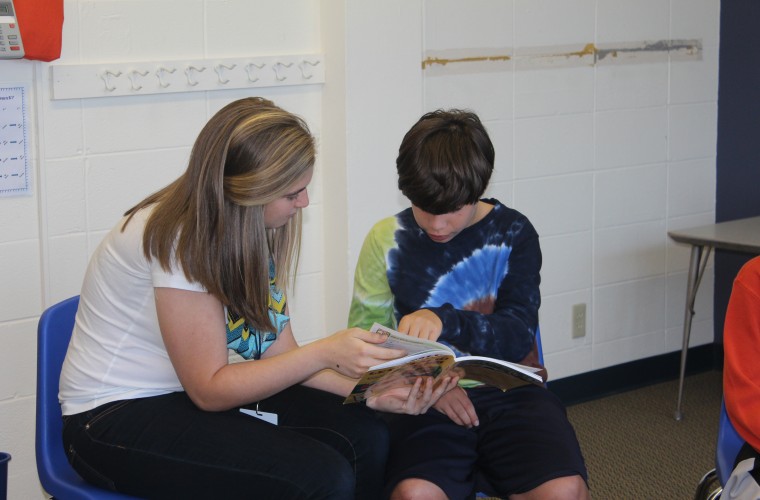Areas of Inclusion: Adults in Communal Life, Advocacy & Community Partnerships, Architectural & Physical Accommodations and Transportation, B’nai Mitzvah, Blindness, Deafness, Early Childhood Education, General Inclusion, Religious School, and Worship
About the Congregation
1589 Peachtree Street NE
Atlanta, GA 30309
Number of Congregants: 1550
Contact Information
The Temple is located in midtown Atlanta and is one of American Judaism’s most historic religious institutions. Founded in 1867, it is the city’s oldest and most diverse synagogue. Recently, The Temple was named by Newsweek Magazine as one of the most vibrant and dynamic Jewish congregations in the country. For a century and a half, it has built a tradition of social justice work and a commitment to broadening people’s access to a full Jewish life.
The Temple now counts more than 1,500 families as members, hosts a vibrant and inclusive religious school and one of Atlanta’s most respected early learning centers. We are proud of how each member brings his or her own story to our diverse community—such as those who have a multi-generational history at The Temple and those new to Atlanta or The Temple, those who identify as interfaith, LGBT, have children with physical or learning needs, and those of all ages and backgrounds who are seeking a Jewish community – a place to call home.
Inclusion Programming
Does this congregation have an inclusion committee?
Yes
Developing Our Program
Our inclusion department is led by Rabbi Steven Rau and Stacey Levy. It developed from a starter grant from the Jewish Federation of Greater Atlanta in 2003. Over the years, Rabbi Rau and Stacey have been training a team of volunteers and staff members. Today we are a fully inclusive religious school and our congregation works to include all members and guests into our facility.
Number of people involved in the effort: 20
Involving People with Disabilities
Parents of children with disabilities have been consulted throughout the years. We also have high school students who participated in the program working with children with differences or disabilities.
Funding This Effort
This effort was funded through a grant from the Jewish Federation of Greater Atlanta. Since 2004, it has been funded by The Temple.
Helpful Agencies & Organizations
In 2003, we began working with Jewish Education Services of Atlanta as part of the JFGA grant. However, when Stacey Levy came on board, we quickly began researching best practices, used her professional skills and developed a nationally recognized program of our own.
List of Helpful Agencies & Organizations
Spreading Awareness About Our Work
We work with the JFGA's Disability's task force as an active member and serve as a model to them. We promote it in many congregational venues and handbooks. Additionally, it has become nationally known through presentations at major Jewish conventions and through the publication of "Everyone is Welcome: Creating a Culture of Inclusion in Congregational Schools," available from Behrman House in the link below.
Links About Spreading Awareness
Process & Sharing
History, Materials & Processes that Guided Our Approach
"Everyone is Welcome: Creating a Culture of Inclusion in Congregational Schools" published by URJ Books and Music.
Evidence of Successful Inclusion Efforts
We have increased the number of learning plans that we write for students each year to almost 100. Also, when the Jewish Federation of Greater Atlanta began its Disabilities Task Force, we were the first organization recruited to assist with mentoring.
Evidence of Changing Attitudes
When we first began trying to fund our program, our Religious School Committee members wanted to charge families with students in our program additional tuition and fees. However today, that committee boasts that this is a community effort to include all students in all programs (without additional fees).
How We're Using and Sharing the Disabilities Inclusion Learning Center
Stacey Levy, our staff and I share this with families as we meet with them about our program and services. We connect with almost 100 families each year about our programs and services.
Future Inclusion Efforts
Our hope is that one day "inclusion" doesn't need to be pointed out—that it will be a natural expectation for all organizations to provide regular services to all members and participants.

